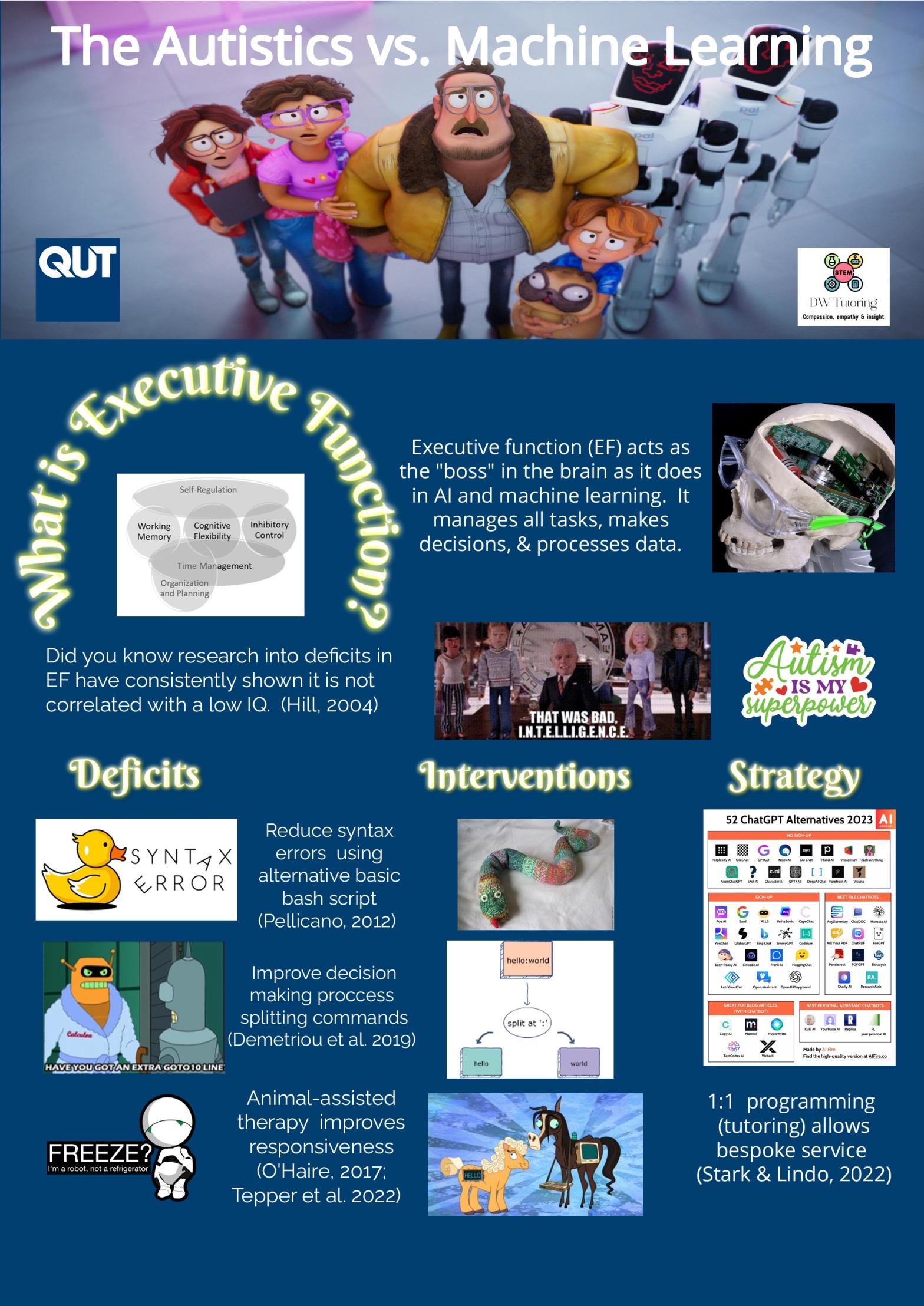In this thought-provoking blog post, I highlight the ongoing challenges faced by disabled individuals in accessing accommodations particularly within educational settings. I discuss preparing and summary from a “listening” session for neurodiverse university students. I expresses our determination to advocate for improved accessibility and equity.
While acknowledging current frustrations, I emphasis the importance of speaking up and representing the neurodivergent community. Whilst this is difficult for me, I viewed this opportunity as both a privilege and a responsibility.
As we strive for more inclusive environments, I would love to hear from our readers:
What accommodations would you like to see implemented in educational institutions to better support neurodiversity and disability inclusion? Your insights can help shape a more accessible future for all learners.
Share your thoughts and experiences in the comments below. Together, we can work towards creating truly inclusive spaces that empower every individual to participate fully and thrive.

